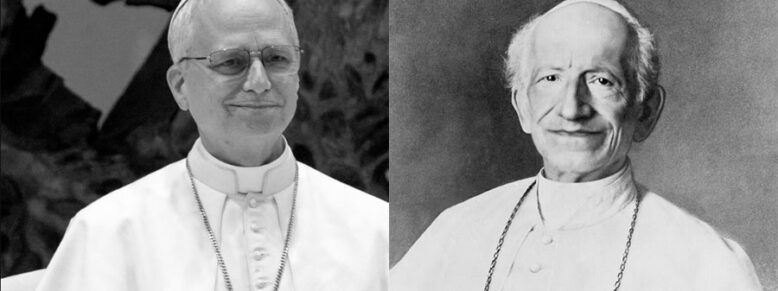On the website www.catholicsocialthought.org.uk, there is a set of videos that introduce Catholic social thought and teaching. We continue featuring those videos on the blog with the video on Principles of Catholic Social Thought and Teaching which focuses on the four pillars of human dignity, the common good, solidarity and subsidiarity. These are also available in Portuguese .
Read more >>Principles of Catholic social thought and teaching











